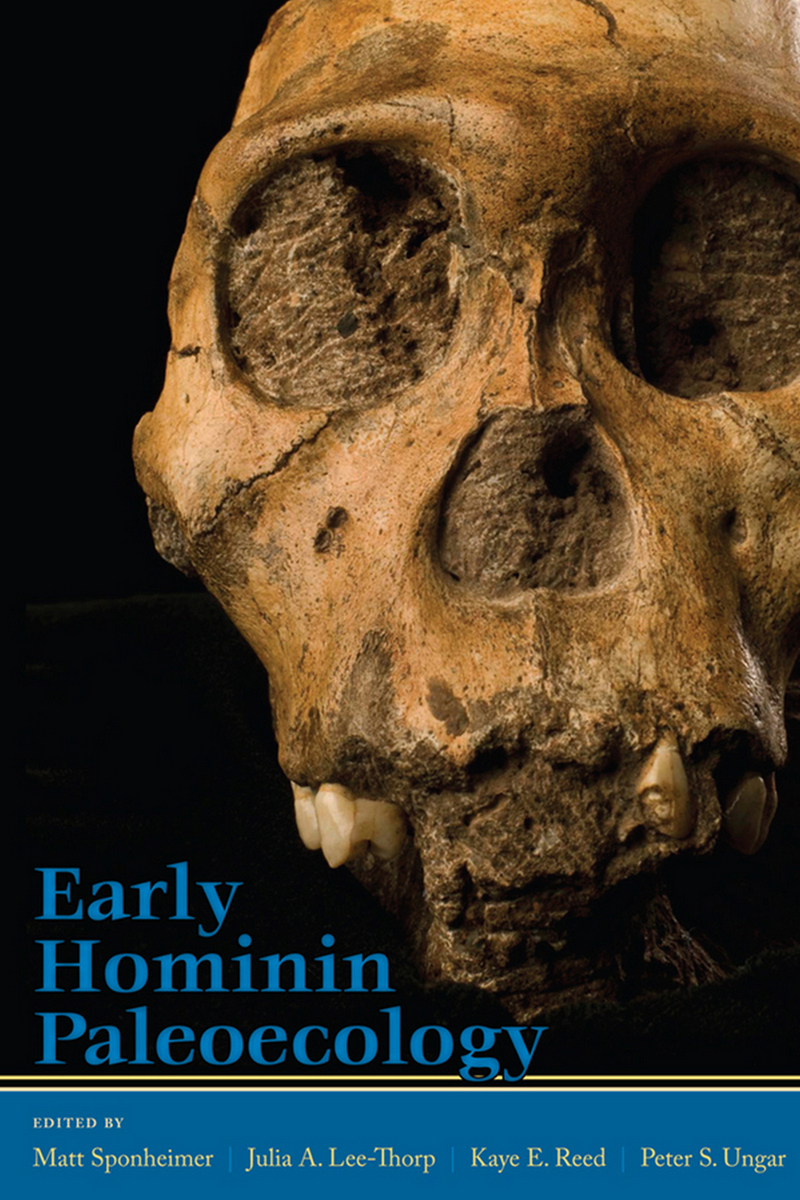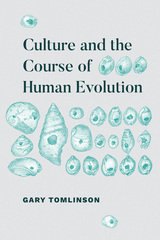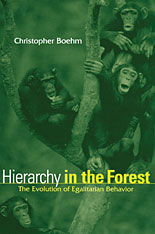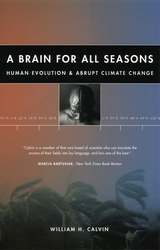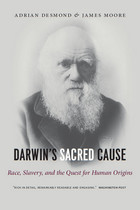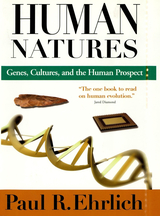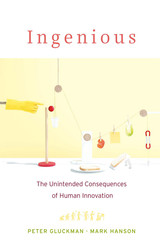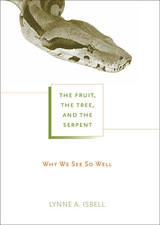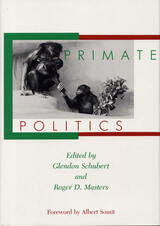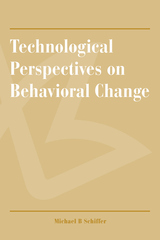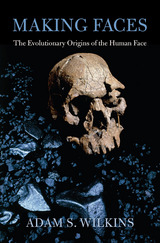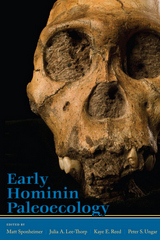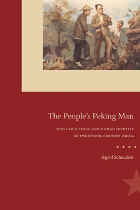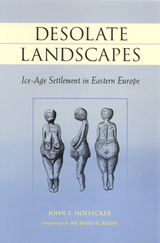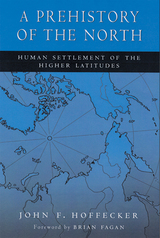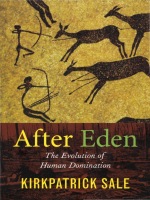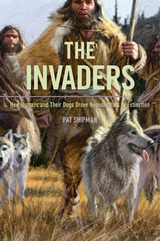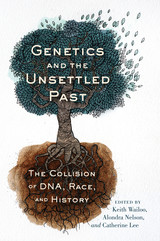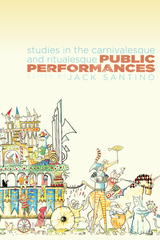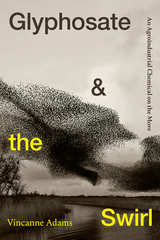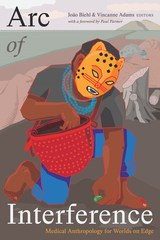Early Hominin Paleoecology
University Press of Colorado, 2013
Cloth: 978-1-60732-224-5 | eISBN: 978-1-60732-225-2
Library of Congress Classification GN282.E37 2013
Dewey Decimal Classification 569.9
Cloth: 978-1-60732-224-5 | eISBN: 978-1-60732-225-2
Library of Congress Classification GN282.E37 2013
Dewey Decimal Classification 569.9
ABOUT THIS BOOK | AUTHOR BIOGRAPHY | REVIEWS | TOC | REQUEST ACCESSIBLE FILE
ABOUT THIS BOOK
An introduction to the multidisciplinary field of hominin paleoecology for advanced undergraduate students and beginning graduate students, Early Hominin Paleoecology offers an up-to-date review of the relevant literature, exploring new research and synthesizing old and new ideas.
Recent advances in the field and the laboratory are not only improving our understanding of human evolution but are also transforming it. Given the increasing specialization of the individual fields of study in hominin paleontology, communicating research results and data is difficult, especially to a broad audience of graduate students, advanced undergraduates, and the interested public. Early Hominin Paleoecology provides a good working knowledge of the subject while also presenting a solid grounding in the sundry ways this knowledge has been constructed. The book is divided into three sections—climate and environment (with a particular focus on the latter), adaptation and behavior, and modern analogs and models—and features contributors from various fields of study, including archaeology, primatology, paleoclimatology, sedimentology, and geochemistry.
Early Hominin Paleoecology is an accessible introduction into this fascinating and ever-evolving field and will be essential to any student interested in pursuing research in human paleoecology.
Additional Contributors:
David Braun
Beth Christensen
David J. Daegling
Crag Feibel
Fred E. Grine
Clifford Jolly
Naomi E. Levin
Mark A. Maslin
John Mitani
Jay Quade
Amy L. Rector
Jeanne Sept
Lillian M. Spencer
Mark Teaford
Carol V. Ward
Katy E. Wilson
Recent advances in the field and the laboratory are not only improving our understanding of human evolution but are also transforming it. Given the increasing specialization of the individual fields of study in hominin paleontology, communicating research results and data is difficult, especially to a broad audience of graduate students, advanced undergraduates, and the interested public. Early Hominin Paleoecology provides a good working knowledge of the subject while also presenting a solid grounding in the sundry ways this knowledge has been constructed. The book is divided into three sections—climate and environment (with a particular focus on the latter), adaptation and behavior, and modern analogs and models—and features contributors from various fields of study, including archaeology, primatology, paleoclimatology, sedimentology, and geochemistry.
Early Hominin Paleoecology is an accessible introduction into this fascinating and ever-evolving field and will be essential to any student interested in pursuing research in human paleoecology.
Additional Contributors:
David Braun
Beth Christensen
David J. Daegling
Crag Feibel
Fred E. Grine
Clifford Jolly
Naomi E. Levin
Mark A. Maslin
John Mitani
Jay Quade
Amy L. Rector
Jeanne Sept
Lillian M. Spencer
Mark Teaford
Carol V. Ward
Katy E. Wilson
See other books on: Anthropology | Fossil hominids | Paleoecology | Paleontology | Social Science
See other titles from University Press of Colorado
